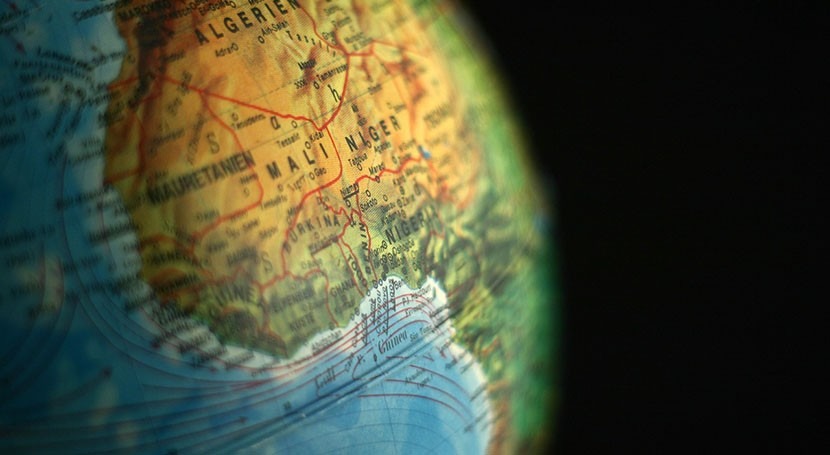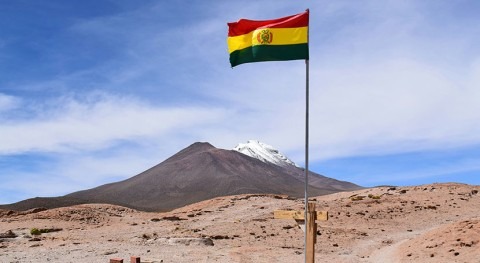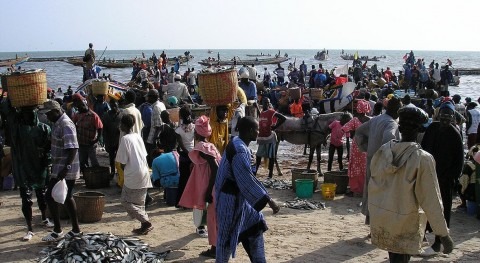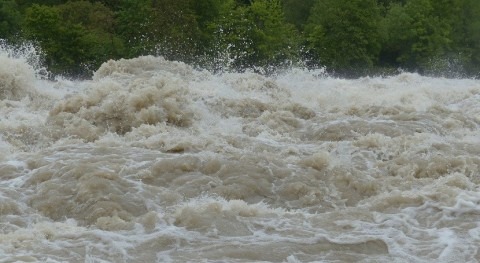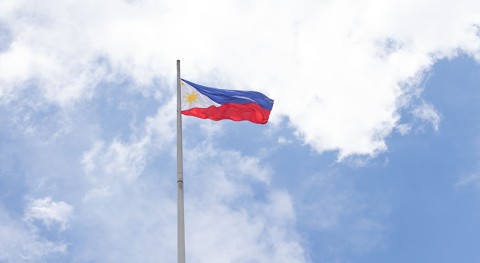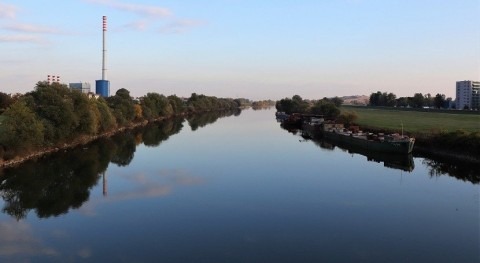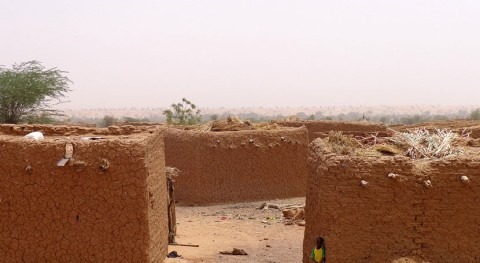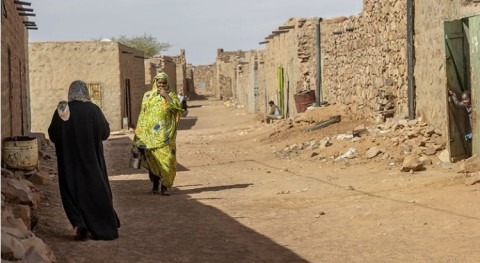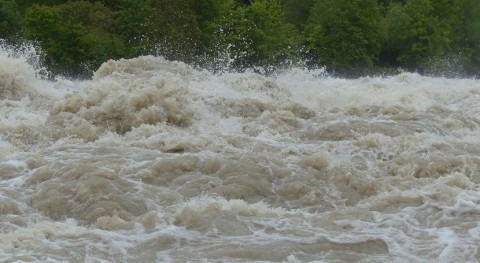The World Bank has approved a credit from the International Development Association (IDA)* in the amount of US$250 million to help Mali improve access to solid waste management and water and sanitation services, and increase resilience to flooding in vulnerable areas of the district of Bamako and targeted neighboring communes.
The Bamako Urban Resilience Project (PRUBA) will improve solid waste management by rehabilitating and expanding the infrastructure needed to restore primary waste management services, namely the collection, transfer, and treatment of solid waste. Priority is being assigned to investments in sanitation and various support measures to bolster the sector’s institutional framework and provide sustainable fecal sludge management services. Improved water storage and distribution networks, along with increased household connections and standpipes where required, will make it possible to supply water to many unserved areas in Bamako and neighboring communes. Additional investments in resilient infrastructure will help enhance flood resilience and improve living conditions in selected vulnerable urban neighborhoods.
“Project activities will target the poor and vulnerable, including women and young people, as well as internally displaced persons, many of whom have sought refuge in the capital city,” noted Clara De Sousa, World Bank Country Director for Mali. The World Bank’s role in this area is to “support the strengthening of resilience to shocks and to climate-related crises, by implementing actions to enhance flood protection and actions in vulnerable neighborhoods, and by creating economic opportunities for vulnerable members of the communities,” she added.
Sewer networks are almost nonexistent in Bamako and 98 percent of the population still relies on on-site sanitation facilities. The capital has no regulated sewage sludge treatment facilities, owing in part to the challenges associated with securing sites.
The proposed investments are designed to rehabilitate the Noumoubougou landfill to provide the Greater Bamako area with treatment capacity for 20 years. This capacity will be expanded through the modernization of the existing unit, providing additional capacity of two million metric tons over the remaining 40 hectares of the site. Two fecal sludge treatment plants will be built to address the current lack of any kind of proper sanitation system in Bamako. The two plants will have a total daily capacity of 600 cubic meters, equivalent to 42 metric tons of dry matter, and will serve around 700,000 inhabitants. Some 800 latrine blocks will be built at selected public schools, and the poorest households located close to these institutions will benefit from the construction of 20,000 household latrines.


